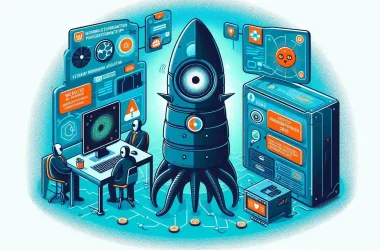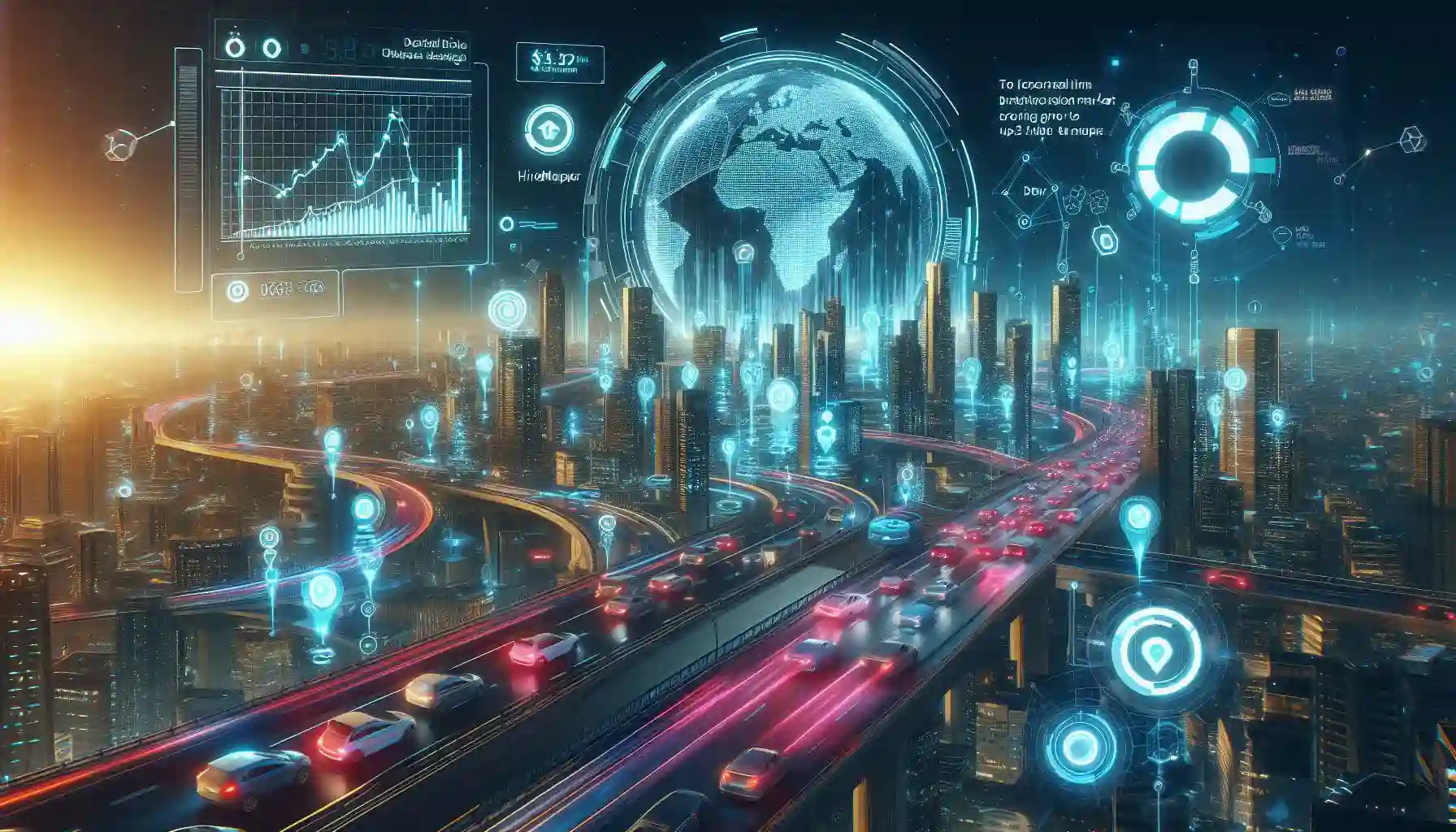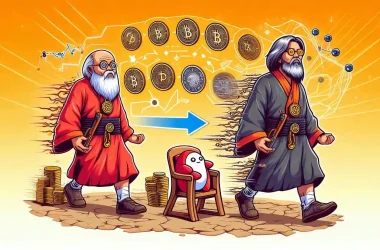Industries that rely heavily on infrastructure are undergoing significant changes to embrace digital innovation. Emerging technologies such as artificial intelligence (AI), blockchain, and the Internet of Things (IoT) are being integrated into industries that have seen little evolution over the years.
These sectors are also adopting decentralized models, which has led to the rise of decentralized physical infrastructure networks (DePINs). DePINs are gaining momentum as they revolutionize the way infrastructure operates.
DePIN Market Growth
A recent report by Moody’s Ratings titled “How DePINs Could Build the Future of Physical Infrastructure One Token at a Time” projects the DePIN market to reach $3.3 trillion by 2030. In 2023, this market was valued at $2.2 trillion, showcasing significant growth potential.
Increasing Adoption of DePIN
DePIN networks are expanding rapidly, with fundraising volumes increasing by 296% year-over-year. The market capitalization of DePINs has surged by 400%, reaching $20 billion.
DePIN in the Automotive Industry
Although DePIN models might seem complex, industries such as automotive are beginning to realize their potential. Car owners can now control and monetize their data, earning incentives for sharing it.
One example is Dimo, a DePIN network focused on enhancing car ownership experiences. According to Rob Solomon, Co-Founder of Dimo, their goal is to make every vehicle smart and programmable by creating an on-chain identity for each car.
Through Dimo, car data like speed and location is stored off-chain. Owners can choose to share this data in exchange for Dimo tokens, which are distributed automatically as a reward.
Streamlining the Auto Industry with User Data
By connecting cars to Dimo, vehicle data can help streamline processes in the automotive industry. Solomon explains that insurance companies, for example, could benefit from this data to enhance customer interaction.
Moreover, cars may soon be able to interact with parking garages automatically, securing payments and parking spots upon entry.
Improving Mapping Accuracy with Car Data
A decentralized mapping project called Hivemapper Network is another notable DePIN use case in the automotive industry. Hivemapper allows contributors to gather street-level imagery using dashcams, enabling the creation of accurate, up-to-date digital maps.
As autonomous vehicles and advanced logistics grow, the demand for precise map data is rising. Hivemapper’s decentralized approach ensures real-time updates and comprehensive coverage, outpacing traditional services like Google Maps.
Incentivizing Data Sharing
Hivemapper rewards map contributors with digital tokens called “HONEY.” This model ensures that the people building the map also share in its economic benefits.
Hivemapper remains decentralized, ensuring fairness and openness. The Hivemapper Foundation helps maintain the network and supports an open-source ecosystem.
Challenges Facing DePIN Models
Despite their potential, DePIN models face several challenges that may hinder mainstream adoption. According to Moody’s Ratings, regulatory compliance remains a significant hurdle. Infrastructure-intensive sectors operate under strict rules that vary across regions, making it difficult to implement decentralized models while ensuring compliance.
There are also concerns about the scalability and sustainability of DePINs. Establishing decentralized infrastructure in remote areas, particularly in sectors like telecom, requires substantial investment and expertise.
The Future of DePIN Models
Despite these challenges, DePIN protocols are growing across major blockchains. Josh Benaron, Founder and CEO of Irys, believes that increasing demand for data privacy will drive innovation in decentralized data solutions. As these projects become more efficient and scalable, they will attract further investment and expand beyond the crypto industry into sectors such as transportation, telecommunications, and AI.
The post How DePIN Models Are Transforming The Automotive Industry appeared first on Cryptonews.














